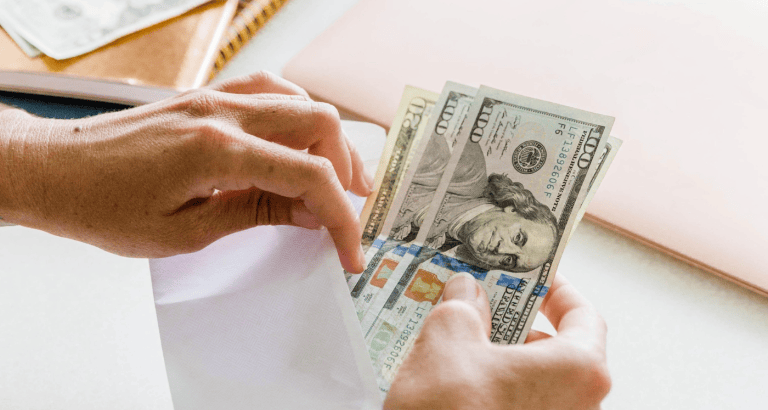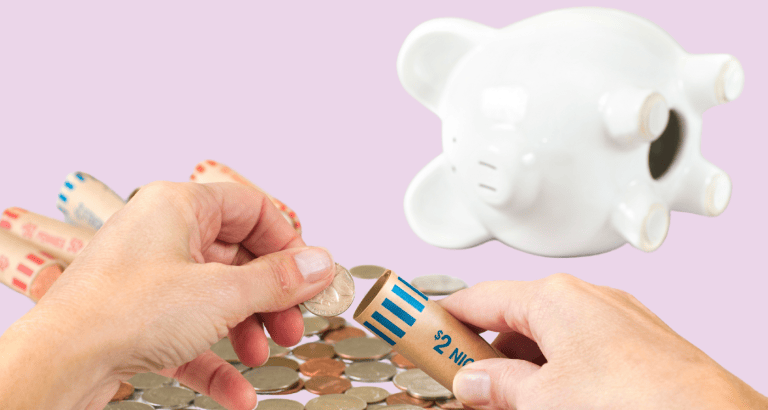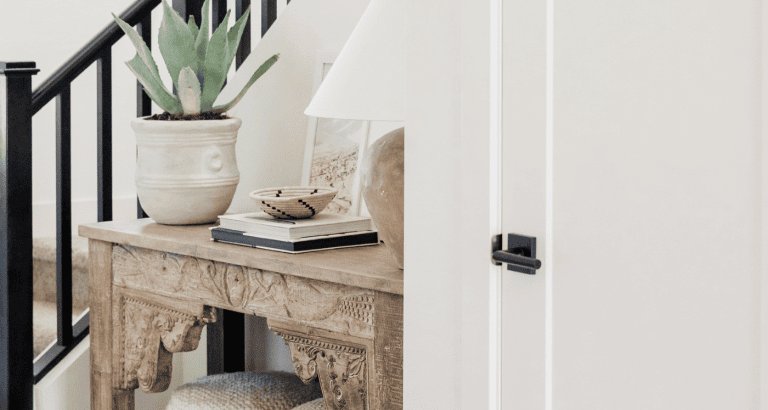What Do You Pay After Mortgage Is Paid Off?
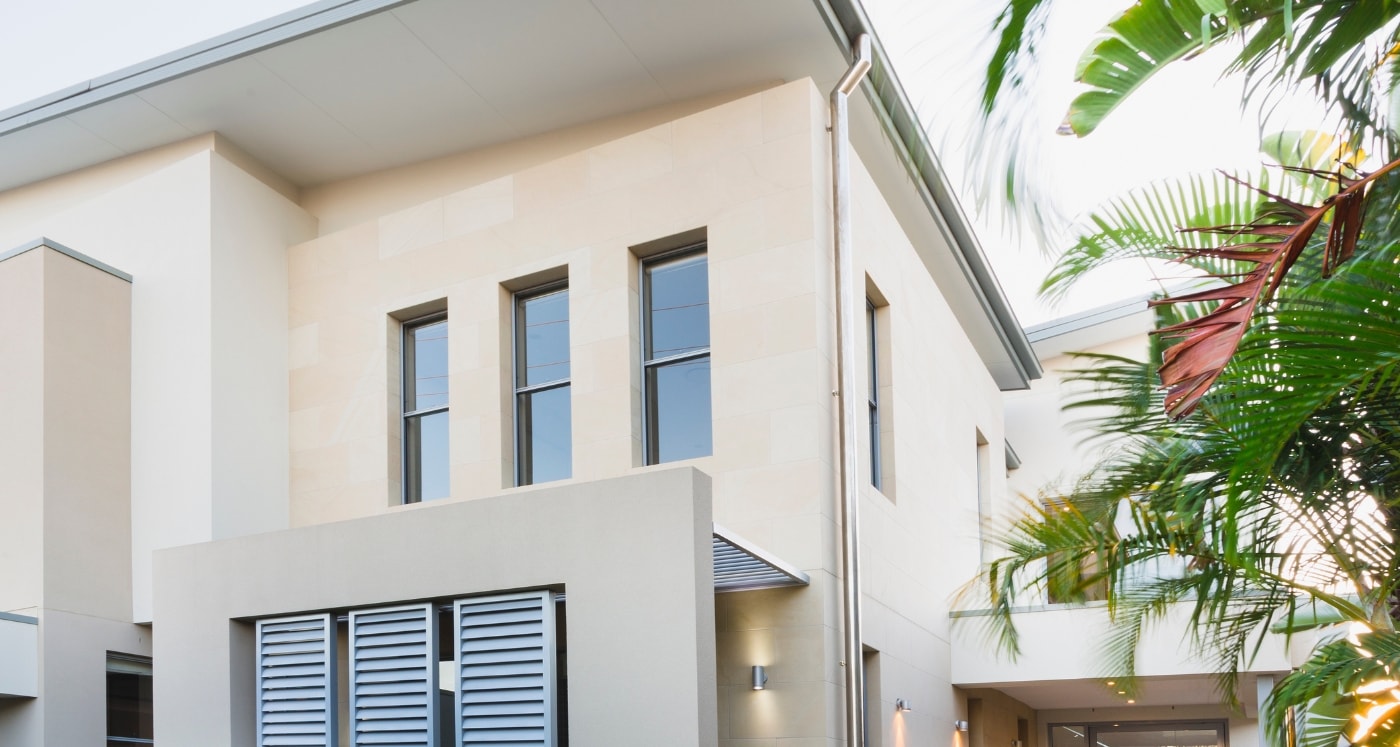
Have you made the last payment on your mortgage? Congratulations! Knowing that your mortgage is paid off and that you own your home free and clear is a wonderful feeling.
You might be asking yourself, now what? Or even, What do you pay after the mortgage is paid off?
As an affiliate partner of various brands and sponsored content, HerPaperRoute may earn commission on qualifying purchases. Disclaimer
If the mortgage payments had been a central part of your financial outlook for decades, it may now seem as though you are stepping into unknown territory.
First, give yourself a well-deserved pat on the back for accomplishing the colossal task of paying off a mortgage. Second, make sure you take care of all necessary paperwork, including a fully-paid balance statement, a canceled promissory note, and a certificate of satisfaction.
Also, check your escrow account for any remaining balance and, if there is, request a refund from your former lender. Before doing anything, it’s best to meet and discuss the steps with your financial planner to make sure you cover everything.
Once you are officially mortgage-free, look into the following details.
1. Home Owner’s Insurance
After you receive that long-awaited statement from your lender verifying that your mortgage balance has been paid in full, get in touch with your homeowners insurance company to let them know about the change in your property’s status.
You are now the sole owner of your home, which changes things insurance policy-wise.
Do you absolutely need homeowners insurance?
In some places, once you own your home free and clear, homeowners insurance is not mandatory, but wise to have.
In some countries, home insurance is legally required regardless if you have a mortgage or not.
While homeowners insurance isn’t obligatory everywhere, I highly recommend getting suitable coverage. Take a few minutes to calculate, for example, the sum you would need to pay out of pocket in case you need home repairs after a flood, fire, or other natural disaster, and have no insurance.
For many people, this would be a devastating financial blow. An uninsured home is like taking a swim in turbulent waters without a life vest. The risk just isn’t worth it.
Know when, where, and how payment is due
Make sure the insurance company removes your former lender’s name from your insurance policy, and carefully study all policy terms and conditions.
At your moment of need, you’d hate to discover you aren’t entitled to reimbursement from your insurance company because you inadvertently failed to comply with the payment terms.
Depending on your preferences and your insurance company’s policy, you can pay homeowners insurance annually, quarterly, or monthly.
Review your coverage
Your homeowner’s insurance deductible is the sum you will have to pay out of pocket before making any claim. Make sure your deductible amount isn’t larger than the money you have set aside in an emergency fund.
For example, if you have a $1000 deductible and are preparing to file a claim after your home suffered damage from a tornado, the insurance company will only step in and begin contributing after you have paid $1000 outright.
Depending on your budget and credit score, you might want to look into an insurance plan with a higher deductible.
Why? A higher deductible usually means lower premiums. Often, this will allow you to save hundreds of dollars a year.
Keep in mind, however, that your insurance premiums can still increase even with a higher deductible plan. For example, if you file a claim at some point, your insurance company may raise the premiums.
Shop around for the best rates
Don’t automatically assume you’re getting the best possible rate with your current insurance provider. It often pays off to shop around and see if you can obtain better coverage and lower premiums with another company.
Insurance companies often offer significant discounts to clients who have paid off their mortgages. Ask your insurance agent if you qualify for such a discount. Compare several quotes and go for the best deal.
2. Property Taxes
Property taxes are based off of the estimated value of your property. Even when you are mortgage-free, the value of your property will be assessed annually with a percentage being owed in property taxes.
Do You Still Pay Property Tax After Your Mortgage is Paid Off?
While you were paying off your insurance, your lender was taking care of property taxes by placing part of the mortgage payment into an escrow account. Now that you have become the sole owner, you’ll need to pay your property taxes directly.
A few things to keep in mind:
Don’t assume that you don’t owe property taxes if you don’t receive a statement
Find out when individual property tax bills are mailed out in your county, and be sure to inquire if your statement doesn’t arrive on time. You don’t want to accumulate property tax debt or, worse, risk losing your home to a tax sale.
Property taxes are assessed based on your home’s value
The amount of property tax you pay will depend on two things: the tax rate in your jurisdiction and your property’s assessed market value.
The latter hangs on several changeable factors. For example, if your neighborhood experiences a real estate boom, you might discover that your next property tax bill is higher.
Research when, where, and how often payments are due
Property tax laws differ between states and counties. In some areas, you’ll need to pay once a year.
Other regions require quarterly payments. Study your local property tax laws to make sure you know when and how to pay.
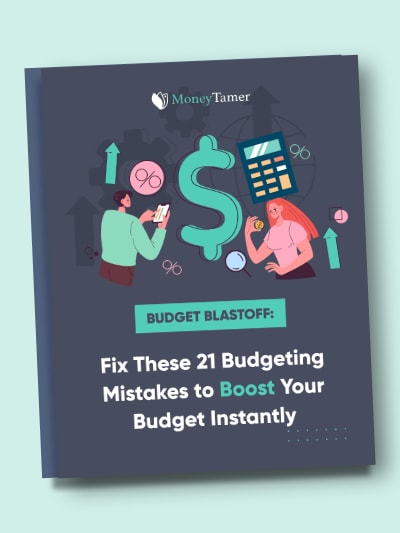
Are You Sabotaging Your Budget?
See the budgeting mistakes that are holding you back in this FREE Budgeting ebook. Fix these and your budget will blast off!
3. HOA Fees
Homeowners association fees, or HOA fees, are monthly bills homeowners pay for a service package that typically covers public space maintenance for neighborhood parks and pools, as well as keeping your neighbors from doing something that can lower the neighborhood’s property value like cutting down all their trees.
Depending on the particular HOA community, the fee may also include security services, pest control, and utility services.
Homeowners associations are common in condominium buildings and townhouses, but joining a HOA is a requirement in many single-family home neighborhoods as well.
Living in a HOA-regulated community can be pricey, but many people find that they get great value for their money when they calculate what the fee covers. Either way, make sure to pay your HOA fees on time, or you could find yourself facing an expensive lawsuit.
4. Home Maintenance
If you are a homeowner, property maintenance should be high on your priority list. Keeping your home in good repair will help preserve your property’s value and save you costly repairs down the road.
You can also consider making improvements to raise your home’s value, especially if you are planning to sell at some point.
Keep up with basic maintenance and repairs
The golden rule of home maintenance is addressing any issue as soon as it comes up.
Did you notice moisture or mold on your ceiling? Don’t wait for a leak; get your roof inspected.
Is there a slight drip under your kitchen sink? Call a plumbing expert before water ruins your kitchen cabinets or causes a flood.
Of course, good home maintenance also means being proactive. Here are a few wise practices you might want to consider:
- An annual roof inspection for leaks and damage
- Professional HVAC system inspection and service
- Sealing any cracks in doors or windows for energy efficiency
- Inspecting and pumping the septic tank if you have one
Can you afford home improvements with no mortgage payment?
Finishing your mortgage payments hopefully means a hefty increase to your monthly cash inflow. With all the extra money on your hands, you might be itching to dig into some home improvements you’ve wanted to make for years.
Before you begin asking contractors for quotes, however, you should stop to consider two things: your goals and your budget. Ask yourself: are there other important venues into which you would like to direct some more cash flow?
Those could be your children’s college fund, a long-awaited major purchase, investment property, or your retirement fund.
Safety and security first
If you plan to invest in your home, I recommend looking into safety and security elements before splurging on an all-out kitchen remodel.
Depending on the area you live in, you might choose to reinforce your roof or foundation, install storm shutters, or overhaul your plumbing, electrical, and HVAC systems to lower the risk of water damage and fires. A smoke alarm is a must if you don’t have one already.
Other worthwhile investments include a burglar alarm and efficient outdoor lighting to deter any unwanted intruders. Besides giving you peace of mind, these elements can also lower your homeowners insurance premiums.
Are you staying or selling?
Also ask yourself: how long do you intend to stay in your current home? In other words, are you planning home improvements for your own benefit, or to increase your property’s value in the eyes of potential buyers?
Depending on the answer, you might reach very different decisions regarding any renovations or improvements.
If you plan to stay in your home for many years to come, you have only yourself to please. You can set aside a budget to go all wild with the interior design, or add a room and turn it into the workshop of your dreams.
If, on the other hand, you look towards selling your property in the foreseeable future, it would be wiser to go for universally appealing improvements that will give you a better return when negotiating a home sale deal.
Refresh the house with some neutral-tone paint, invest in new flooring, update bathrooms and lighting fixtures. Boost your home’s curb appeal with a couple of new shrubs and flowerbeds, a spruced-up lawn, and a fresh coat of paint for the fence.
Often, these comparatively affordable investments enable property owners to obtain a much higher offer during a home sale. Ask a realtor in your area for a more complete list since they know what people in your area are looking for.
Don’t Forget These Financial Necessities
A mortgage is the biggest financial commitment most people will undertake in a lifetime. Having the mortgage payments behind you feels like soaring on the wings of freedom.
However, reaching this significant milestone doesn’t mean you should throw all financial caution to the wind.
Now that you are done with your mortgage, you should look into the following:
- Any other debts. Many people who struggle with their mortgage payments tend to accumulate other debts, such as unpaid credit card balances, car payments, or even student loans that drag on for years. Make sure to pay off those in full before you move on to anything else. It feels wonderful to be entirely debt-free – and it also improves your credit score.
- Emergency fund. If you don’t have a financial safety net, any casualty, like a medical emergency, sudden unemployment, or unforeseen home expenses, can be devastating. Even if you have good insurance coverage, you should still build up an emergency fund for extra support during tough times.
- Retirement savings. For many people, the last mortgage payment coincides with the period when they begin to think more seriously about retirement. Now that you have an increase in money not allocated to bills, you can direct more of it into your IRA.
Track all of your accounts at once using this free financial dashboard.
Consider Investing
If your finances allow it, you could use some of your newly released cash flow towards diversifying your investment portfolio – especially if your retirement is still a long time away.
Speak with your financial planner for help planning out your future goals. This could include putting money in the stock market, investment real estate, starting a business, and more.
Be Proactive
Most importantly, don’t let your extra money float around with no purpose. It’s perfectly fine to have some extra wriggle room for guilt-free purchases and little indulgences you might have denied yourself for years, but if you are not proactive, cash has the tendency to slip between your fingers before you know it.
Put your money to work by saving, investing, or working towards major financial goals. Decide on your priority, with a clear line between must-haves and luxuries.
If you decide to redirect money towards retirement savings or other funds, it is best to use an automatic setup for this so you aren’t tempted to spend the designated money or put off saving for “later”.
Finally, take the time to relax and enjoy life. Paying off a mortgage usually involves decades of financial discipline and determination.
After you have all your ducks in a row, a new car, the vacation of your dreams, a hobby you have wanted to try for years, or simply some time off with your loved ones are fit rewards for all your hard work. Congrats!
Related Articles:
- How to Pay Off Your Mortgage in 5 Years
- Paying Extra On My Mortgage Principal Saved Me $24k
- Life After Your Mortgage Is Paid Off Completely
- Tips for Paying Off Your 30 Year Mortgage as a 15 Year
- Amazing Benefits of a Paid-Off House

Follow along on Instagram!





![Why Is My Debit Card Declined? [Plus, How to Fix Deactivation] 7 Woman checking her phone to see that her debit was declined and asks Why Is My Debit Card Declined](https://herpaperroute.com/wp-content/uploads/2022/04/Why-Is-My-Debit-Card-Declined-768x410.jpeg)

